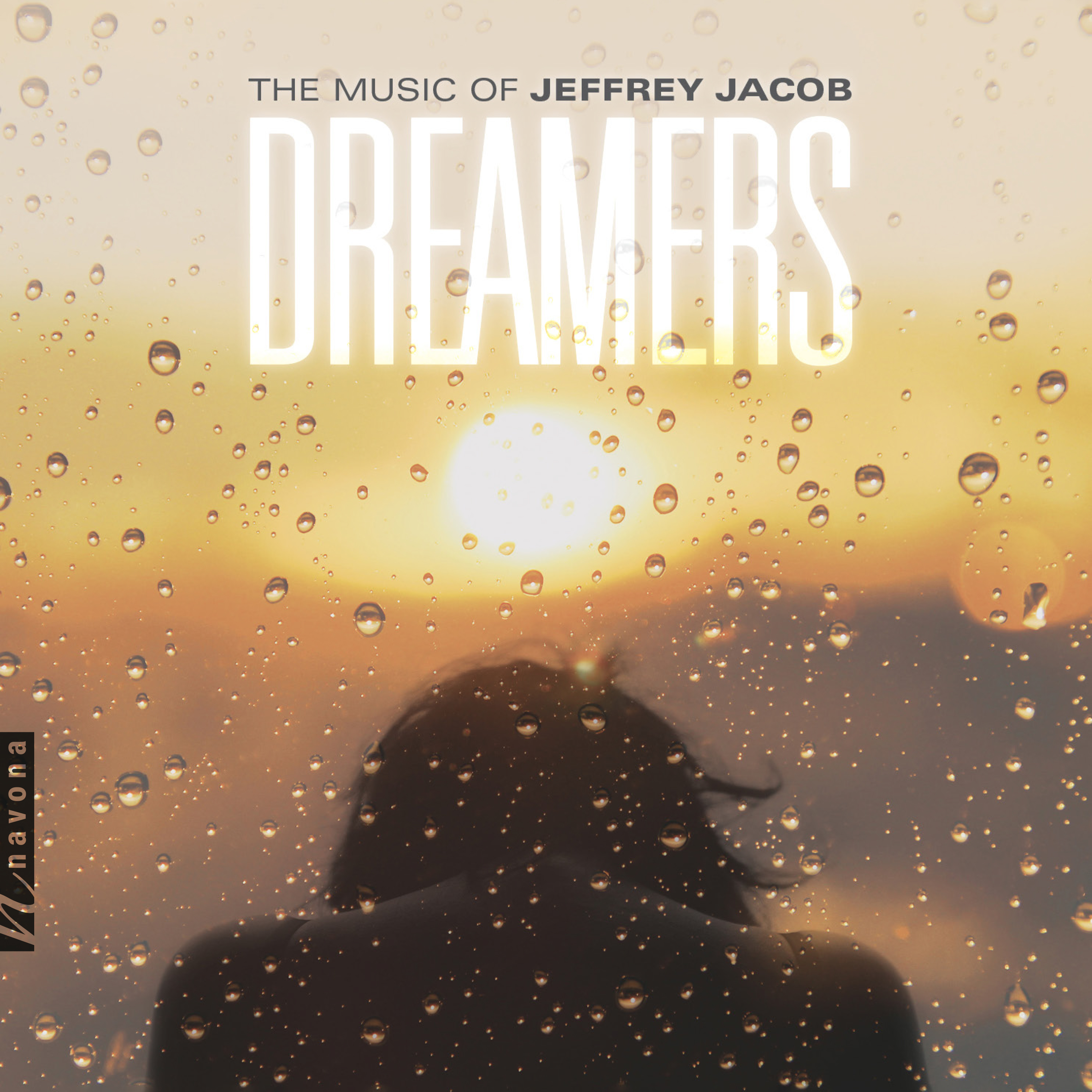Jeffrey Jacob is described by the Warsaw Music Journal as “unquestionably one of the greatest performers of 20th century music,” and the New York Times as “an artist of intense concentration and conviction.” He received his education from the Juilliard School (Master of Music) and the Peabody Conservatory (Doctorate). As a composer, he has written five symphonies, three piano concertos, and numerous works for piano and chamber ensemble. Raymond Leppard and the Indianapolis Symphony premiered his Symphony: Winter Lightning. The London Symphony recently recorded his Symphony No. 3. The Moscow and St. Petersburg Symphonies premiered respectively his Piano Concertos 1 and 2 with the composer as soloist.
Since his debut with the London Philharmonic in Royal Festival Hall, he has appeared as piano soloist with over 25 orchestras internationally including Moscow, St. Petersburg, Seattle, Portland, Indianapolis, Charleston, São Paulo, and Brazil National Symphonies, the Silesian, Moravian and North Czech Philharmonics, and recently, the London Symphony, the New Jersey Philharmonic, and the Cuban National Symphony. A noted proponent of contemporary music, he has performed the world premieres of works written for him by George Crumb, Vincent Persichetti, Gunther Schuller, Samuel Adler, Francis Routh, and many others. He recently received the Artist of the Year Award from the International Consortium for New Music from New York University for his work as a composer, pianist, and educator.
Today, Jeff is our featured artist in “The Inside Story,” a blog series exploring the inner workings and personalities of our artists. Read on to discover Jeffs personal connection to the topics covered in this album…
Do you have specific hopes about what this album will mean to listeners?
I hope listeners will respond to the music’s attempt to suggest or evoke part of the emotional landscape of our “Dreamers”—children brought to this country by their undocumented parents. The emotional content spans a gamut of emotions from fear and sadness to hope and triumph. Very few contemporary classical composers have attempted to explore this specific and important subject.
How have your influences changed?
As both pianist and composer, I am much less enthusiastic than I was many years ago about serial, atonal, and experimental music, forms, and idioms that present great difficulty for the general public. I don’t want to write music that only advanced musicians can understand and appreciate. I want my music above all to be accessible. Mozart always maintained that he was writing for the general public. If this principle was good enough for Mozart, it’s certainly good enough for me!
What inspires you to write or perform?
Music is, for me, one of the most profound of emotional experiences. George Crumb has said that, “I believe music surpasses even language in its ability to mirror the innermost resources of the soul.”
Where and when are you at your most creative?
I’m at my most creative when I identify with a specific emotional stimulus. The present album is a response to the Dreamer generation, intensified by my two daughters who were adopted from Paraguay many years ago. My next orchestral work is entitled “Sequoias.” It is inspired by the majesty and serene beauty of our national parks.
What were your first musical experiences?
My uncle was principal trumpet in the Zanesville Ohio Memorial Concert Band. I remember attending with great enthusiasm many Sunday afternoon concerts in the park. When I was in Junior High School, I had perhaps a life-altering experience: the Indianapolis Symphony came to Zanesville and I was blown away. Many, many years later, to my utter astonishment, the Indianapolis Symphony under its former Music Director, Raymond Leppard, premiered my first major orchestral work: Symphony, Winter Lightning.

DREAMERS will be available for streaming or purchase through Navona Records on September 13. Click here to pre-order.



